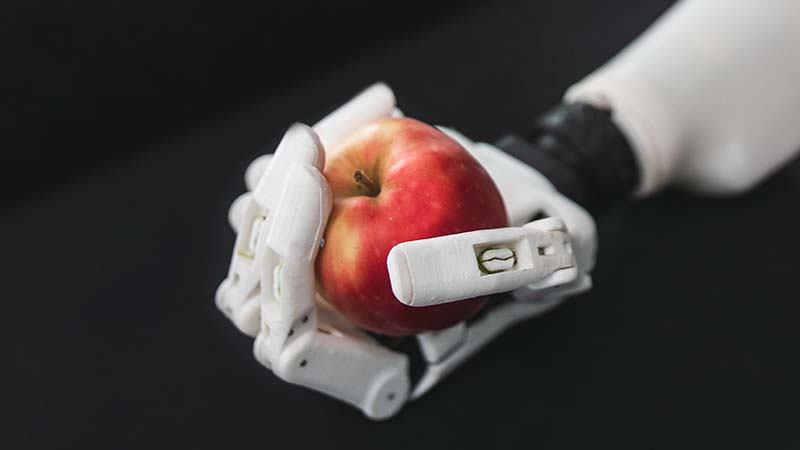Doctors and engineers? Chalk and cheese? Many people think of them as almost the opposites of each other, even though the latest trends are quite the contrary. Everyone dreams of an advanced, safe, healthy future, and the goal of the Biomedical Engineer Program (BEP) launched by the University of Pécs Faculty of Engineering and Information Technology in cooperation with the Medical School is to train professionals who can meet the challenges of the desired future. Engineers and doctors are now crossing the boundaries of their respective disciplines together in the best possible way. The first students can begin their studies in September 2021.
Written by Gábor Szabó
Understanding is the key to solving problems, but our modern present is becoming more and more complicated, therefore the search for solutions can no longer stop at the border of a certain discipline. In the 21st century, taking truly serious scientific and technological steps already requires the close cooperation of several disciplines. The launch of an interdisciplinary training of such depth is an innovation in itself, but it has also been based on very serious research and development activity.
For two years, the two faculties have been working together on long-term research projects combining the knowledge of the most innovative engineering and medical disciplines, looking for new opportunities for medical and technical innovation. The Centre for Biomedical Engineering and Innovation (CBEI) cooperation was a large-scale, highly successful attempt to see what happens when engineers and doctors enter into a research-innovation cooperation to jointly answer scientific questions. The excellent researchers of the two disciplines have united their knowledge in several research groups with the declared goal of creating inventions and medical technology solutions that can be used in practice, potentially utilised, even marketable ones. An important result of this joint thinking is the need for this training and the launch of the program, while the intellectual and infrastructural conditions - laboratories, professional relations, industrial partnerships - have been established, which provide a solid basis for this.
What does a biomedical engineer do? - the legitimate question may arise. The main direction is the medical application of technical and IT solutions and the search for technologies that improve people's quality of life. Customised artificial limbs “taught” with artificial intelligence, exploring the possibilities of three-dimensional imaging and design in medicine, producing living tissue by printing - are just a few to mention but they are all good examples of how wide the range is for people who choose this training. All this in the frame of a very practice-oriented training that prepares the students for real circumstances. Future students can choose from several specific directions, depending on which area they really feel comfortable with: neuro-rehabilitation and human-machine interface (HMI), medical imaging procedures, 3D bioprinting and tissue printing.
The names that seem futuristic cover the access to the most advanced technologies and the possibility of gaining real practice with them. The training program will lead to obtaining a master’s degree and will build heavily on the candidates’ prior knowledge of natural science, including the undergraduate programs of engineering, IT, medicine and health sciences, and natural sciences, as well as general medicine, dentistry, and pharmacy graduates are expected to apply. Whether their task is to design and evaluate new technologies, develop new methods of patient care, or study biological processes, the work of biomedical engineers is going to surely improve people’s quality of life. Undoubtedly, biotechnology and the related border areas are the technologies of the future, a secure future awaits professionals who know their way around these areas, but the possibility of a career as a researcher or teacher at the University of Pécs is also open to those committed to research.
For more information,
you can ask your questions at biomedicalengineering@mik.pte.hu and you can visit the website of the Centre for International Programmes and Relations where you can also find information.
